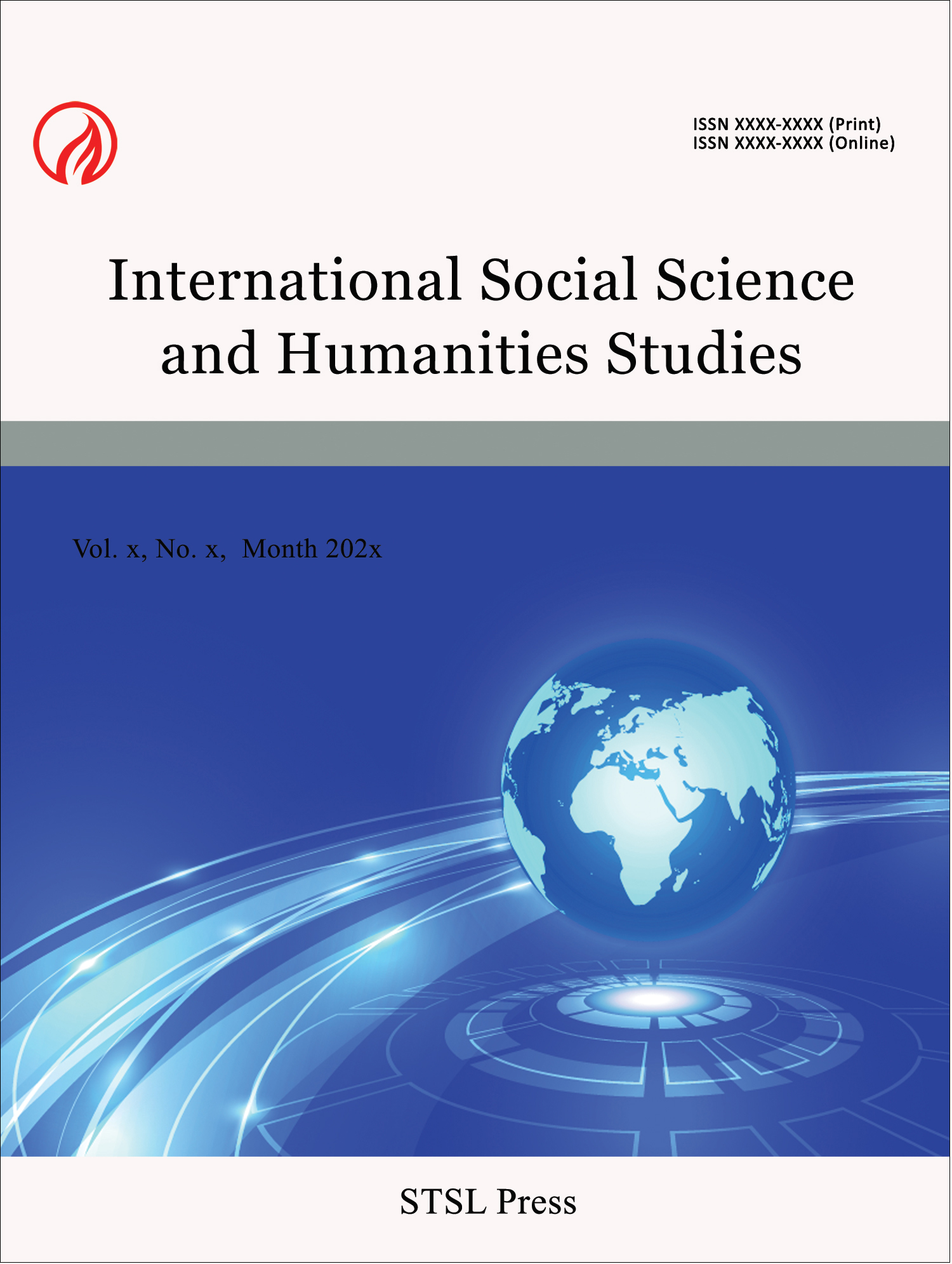Attachment Styles as Predictors of Academic Engagement in Nontraditional Graduate Students
Aline Benamou-Fruchter
Magy Martin
Don Martin
Abstract
This study examined the relationship between adult attachment styles (secure, anxious, and avoidant) and academic engagement, encompassing behavioral, emotional, and cognitive aspects, among non-traditional graduate students. Although Attachment Theory has been widely applied to interpersonal functioning, its role in academic engagement among adult learners remains underexplored. Using a cross-sectional design, 145 participants completed the Attachment Style Questionnaire (ASQ), the University Student Engagement Inventory (USEI), and a demographic survey. A one-way multivariate analysis of variance (MANOVA) revealed that attachment style significantly predicted all three engagement domains. Students with secure attachment reported higher behavioral (F(1, 143) = 81.9, p < .001), emotional (F(1, 143) = 247.4, p < .001), and cognitive (F(1, 143) = 138.4, p < .001) engagement than those with insecure styles. These findings extend Attachment Theory into higher education by showing that attachment security enhances academic functioning in adult learners, and suggest attachment-informed support strategies may improve engagement and reduce attrition.
Paper:
pdf
DOI:
https://doi.org/10.71002/isshs.v5n3p1
 This work is licensed under a
Creative Commons Attribution 4.0 License.
This work is licensed under a
Creative Commons Attribution 4.0 License.
Contact us
- Peter Wilson
- isshs@stslpress.org
